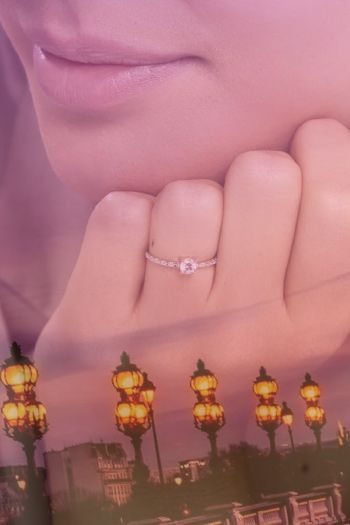
Search
Secretary of State (United Kingdom)

His Majesty's principal secretaries of state, or secretaries of state, are senior ministers of the Crown in the Government of the United Kingdom. Secretaries of state head most major government departments and make up the majority of the Cabinet of the United Kingdom.
Legal position
Legislation in the United Kingdom is often written like this example section of a hypothetical Silly Walks Act 1970:
1. Grant powers
On the appointed day, the Secretary of State shall be empowered to grant money towards the development of fatuous ambulations as seen fit.
In legislation, the term "Secretary of State", thus capitalised, is interpreted under the Interpretation Act 1978 as referring to any one of the secretaries of state in use; in practice, such secretaries of state are each allocated a portfolio by the prime minister, and only exercise the powers in that portfolio. In this example, a "Secretary of State for Silly Walks" would be appointed to exercise the provisions of the Act, but could theoretically exercise the powers of, for example, the Secretary of State for Scotland at any time. There are exceptions, in that legislation sometimes refers to particular secretaries of state.
Under the Ministerial and other Salaries Act 1975, a maximum of 21 secretaries of state can receive a salary.
Secretaries of state and other government ministers are appointed by the Monarch exercising royal prerogative on the advice of the government. By convention secretaries of state must be a member of either the House of Commons or the House of Lords, but the prime minister can advise the monarch to confer a peerage to satisfy this requirement.
Most secretaries of state are incorporated as a "corporation sole". This gives the minister a separate legal personality, allowing continuity in areas such as the ownership of property between office-holder changes.
History
Kingdom of England
The origin of the office lies in the office of the king's private secretary. However, by the Tudor period, the office's purview had become more onerous.
In 1539 or 1540, Henry VIII appointed two people to the office.: p.29 After the Stuart Restoration, the practice of appointing two secretaries of state resumed. A formal division, in the form of the offices of the secretary of state for the Northern Department and the secretary of state for the Southern Department, was made in 1689, though the office had been first divided into the Northern and Southern Department purviews in 1660.: p.30
After the Union
In 1782, the responsibilities of these offices were changed, so that one would be responsible for foreign affairs and one for domestic affairs, thus establishing the embryonic offices of foreign secretary and home secretary. Over time, the number of secretaries of states grew, so that there were five in 1900 and 14 by 1996. There are currently 16 secretaries of state.
Secretaries of state currently in use
Secretaries of state no longer in use
Health, education, work, business, energy, environment, transport and the regions
The secretaries of state that have been used for the matters of health, education, work, business, energy, environment, transport and the regions are shown in the graphic below. It shows how portfolios of responsibilities have been broadly passed down from one secretary of state position to the position(s) directly below it. However, it is impossible for such a graphic to be completely accurate; it cannot show smaller changes, or gains or losses of responsibilities within a position due to changes of responsibilities for the UK Government (for example, due to devolution or Brexit). It is not to scale. In the gaps, and before the first of these secretaries of state, relevant responsibilities were taken on by ministers not titled 'Secretary of State'.
Key:
Culture
The Secretaries of state that have been used for culture, heritage and sport are as follows:
References
Text submitted to CC-BY-SA license. Source: Secretary of State (United Kingdom) by Wikipedia (Historical)
Articles connexes
- Secretary of State for Defence
- Foreign Secretary
- Secretary of State for Health and Social Care
- Home Secretary
- Secretary of State for Education
- Secretary of State for Justice
- Secretary of State for Transport
- Secretary of State for Employment
- Secretary of State for Northern Ireland
- Secretary of State for Business and Trade
- Secretary of State for India
- Secretary of State for Wales
- Secretary of State for Scotland
- Secretary of State for Work and Pensions
- Secretary of State (England)
- Secretary of State for Culture, Media and Sport
- Secretary of State for War
- Secretary of State for the Colonies
- Cabinet Secretary (United Kingdom)
- Secretary of State (disambiguation)
Owlapps.net - since 2012 - Les chouettes applications du hibou




